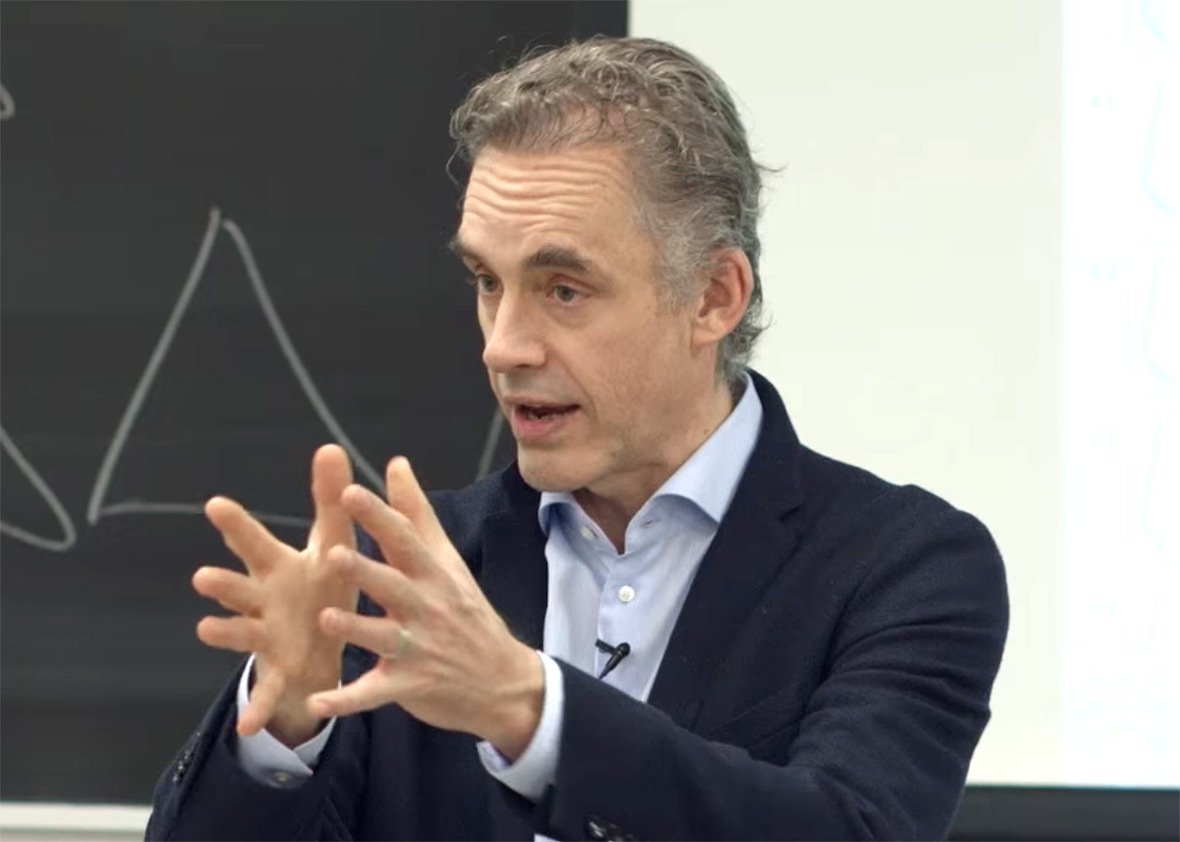The decline of marriage in the United States has become a cause for hand wringing, especially among our ruling class of centrist pundits who man the battlestations of our nation’s indispensable middle-brow newspapers. The emerging conventional wisdom? The current, well documented and precipitous decline in marriage has been caused by a confluence of social and economic forces: the mainstreaming of the ‘60– well, really ‘70’s– free love ethos, currently manifesting itself in the form of “hookup culture,” declining male wages (thus making said males less marriageable in the so-called “sexual marketplace”), as well as the phenomenon of “extended adolescence.”
Login to read more
Sign in or create a free account to access Subscriber-only content.
